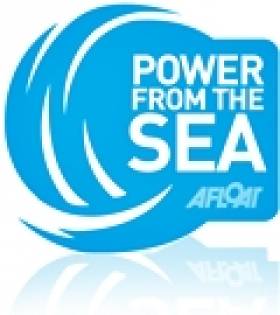Displaying items by tag: University of Newcastle
IMERC’s Inaugural Conference 2012
#IMERC CONFERENCE - The recently established Irish Maritime and Energy Resource Cluster (IMERC) which is to promote the country as a world-renowned research and development location, is to host next month its inaugural conference entitled 'Maritime Geostrategic Thinking for Ireland'.
Minster for Marine, Simon Coveney T.D. will address the conference at the National Maritime College of Ireland (NMCI), Ringaskiddy, Co, Cork which is to be held on Friday 9th March.
In addition to keynotes speakers addressing the conference are Glenn Murphy (IMDO), Commodore Mellett of the Naval Service, Anthony Gurnee from Ardmore Shipping, Helen Noble, Head of Maritime Law at Matheson Ormsby and Prentice and Professor D John Mangan from the University of Newcastle.
Below is a programme schedule of the conference and additional information and link.
Session 1: Fighting recession by supporting an export led economy
Session 2: Building maritime security capability in support of economic development
Session 3: Future of Maritime Ireland
Session 4: IMERC Industry Engagement
To make a booking and receive further details on the conference contact IMERC Tel: (021) 433 5717 or by clicking HERE.
IMERC is based on the campus grounds of NMCI which is located between the Naval Service Base on Haulbowline Island and the neighbouring ferryport in Ringaskiddy.
Under phrase 1 of IMERC's campus development plans, it aims for the construction of the UCC National Beaufort Centre by May 2013. Phase 2 of the campus is for an extended maritime and energy science and commercial park located on the adjacent Port of Cork owned landbank.





























































